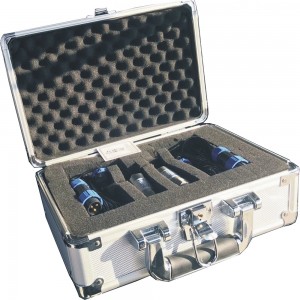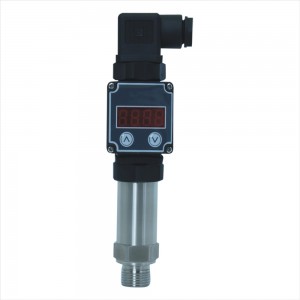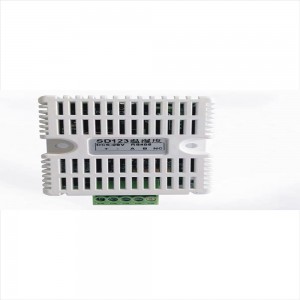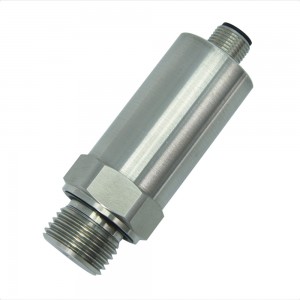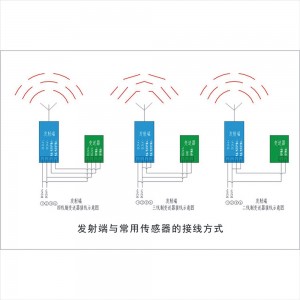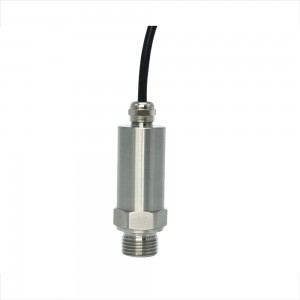Temperature resistance
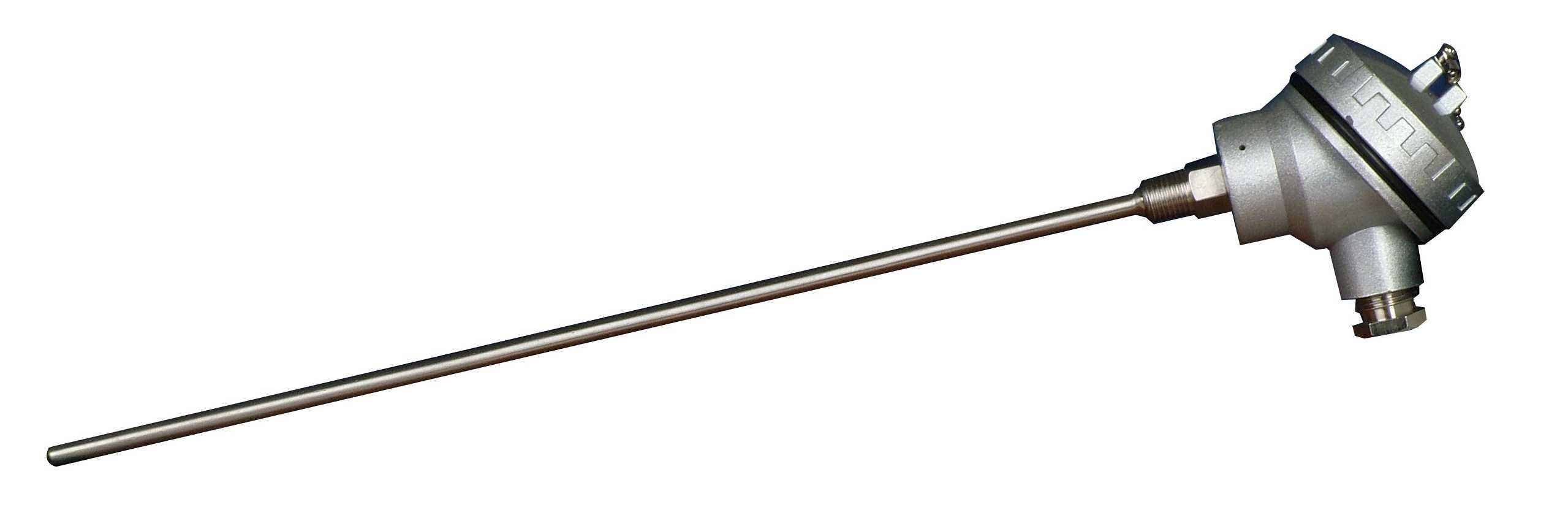
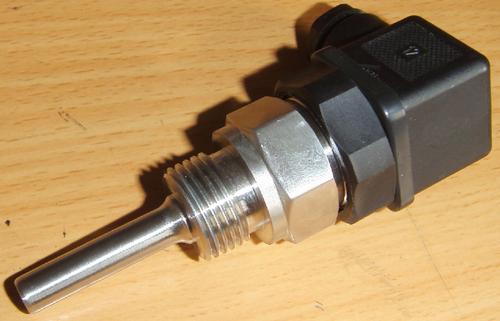
Temperature resistance
Medical, electrical, industrial, temperature calculation, resistance calculation and other high-precision temperature equipment are widely used.
Working principle
PT100 is a platinum thermistor, its resistance value will change with the change of temperature. 100 after Pt means that its resistance is 100 ohm at 0 ℃ and 138.5 ohm at 100 ℃. Its industrial principle: when PT100 is at 0 ℃, its resistance value is 100 ohm, its resistance value will rise with the temperature, and its resistance value will increase at a constant speed.
PT100 index
-50 degrees 80.31 ohm
-40 degrees 84.27 ohm
-30 degrees 88.22 ohm
-20 degrees 92.16 ohm
-10 degrees 96.09 ohm
0 degree 100.00 ohm
10 degrees 103.90 ohm
20 degrees 107.79 ohm
30 degrees 111.67 ohm
40 degrees 115.54 ohm
50 degrees 119.40 ohm
60 degrees 123.24 ohm
70 degrees 127.08 ohm
80 degrees 130.90 ohm
90 degrees 134.71 ohm
100 degrees 138.51 ohm
110 degrees 142.29 ohm
120 degrees 146.07 ohm
130 degrees 149.83 ohm
140 degrees 153.58 ohm
150 degrees 157.33 ohm
160 degrees 161.05 ohm
170 degrees 164.77 ohm
180 degrees 168.48 ohm
190 degrees 172.17 ohm
200 degrees 175.86 ohm
Component
The common pt1oo temperature sensing elements include ceramic elements, glass components and mica components. They are made of platinum wires wound on the ceramic framework, glass framework and mica framework respectively, and then processed by complex processes
Thin film platinum resistance
Thin film platinum resistor: platinum is sputtered on ceramic substrate by vacuum deposition thin film technology. The film thickness is less than 2 μ M. the Ni (or PD) lead wire is fixed with glass sintering material, and the thin film element is made by laser resistance modulation.



